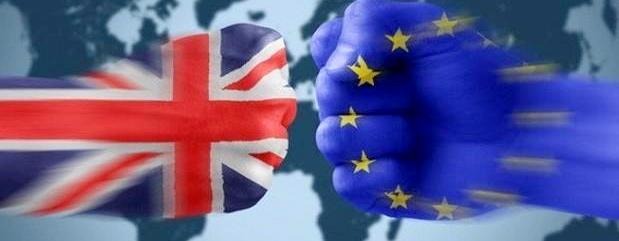Brexit: And, What Language Do We Speak Now?
This article was first published in Spanish, here.
Brexit has occupied the front pages of both European and International publications. The entire world is watching expectantly to see if the project of a common Europe will crumble under the unexpected decision of 52% of the British population. At the moment, the exit of the UK from the EU seems very likely to become a reality.
There is much to be done and much to think about. The roadmap should be defined and among the many chores for disconnecting the UK is the language issue. If they leave, will English remain an official language?
[clickandtweet handle=”” hashtag=”” related=”” layout=”” position=””]Multilingualism is one of the keys to the cultural diversity of the Union[/clickandtweet], which has 24 official languages. In fact, the translation service of the European Commission is one of the largest in the world. However, for practical reasons, most institutions use in their meetings three main languages: English, French and German.
These were the words of MEP Danuta Hübner, Chairwoman of the Committee on Constitutional Affairs of the European Parliament: “English is the official language because the UK requested it. If we have no UK, we have no English.” In addition, the UK was the only country to opt for English as the official language in Brussels. Malta chose the Maltese while Ireland did it for the Irish.
French has been for many years the language of diplomacy, but after the EU’s expansion to the east, English gained more relevance. Will French become predominant once again? Certainly, Germany will have a say in this, just as will Italy and of course, Spain, as part of the major European powers. We will have to wait and see how the new EU of 27 resolves this issue.
In any case, English will remain the working language in our institutions, just as it will go on being the language of trade and business.
